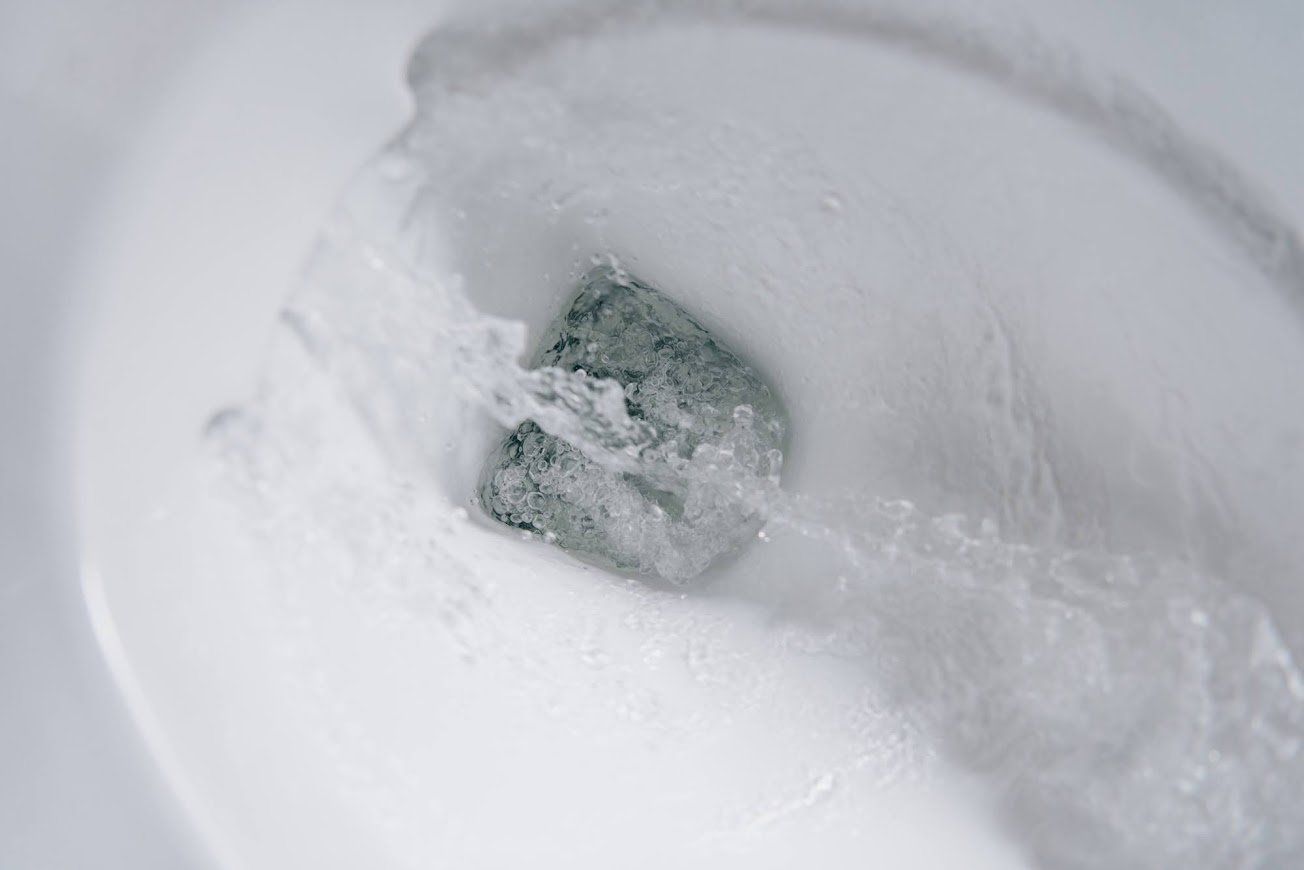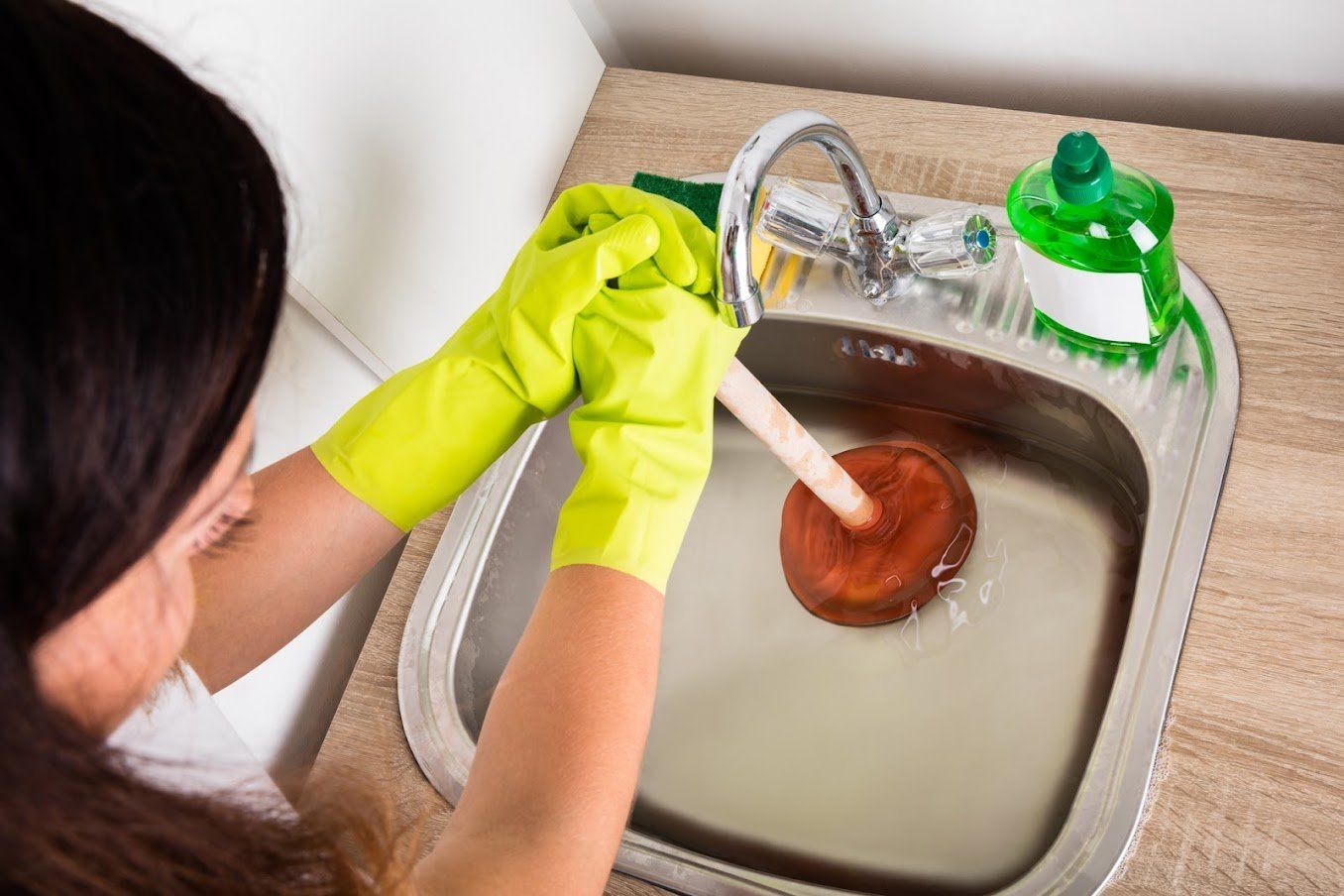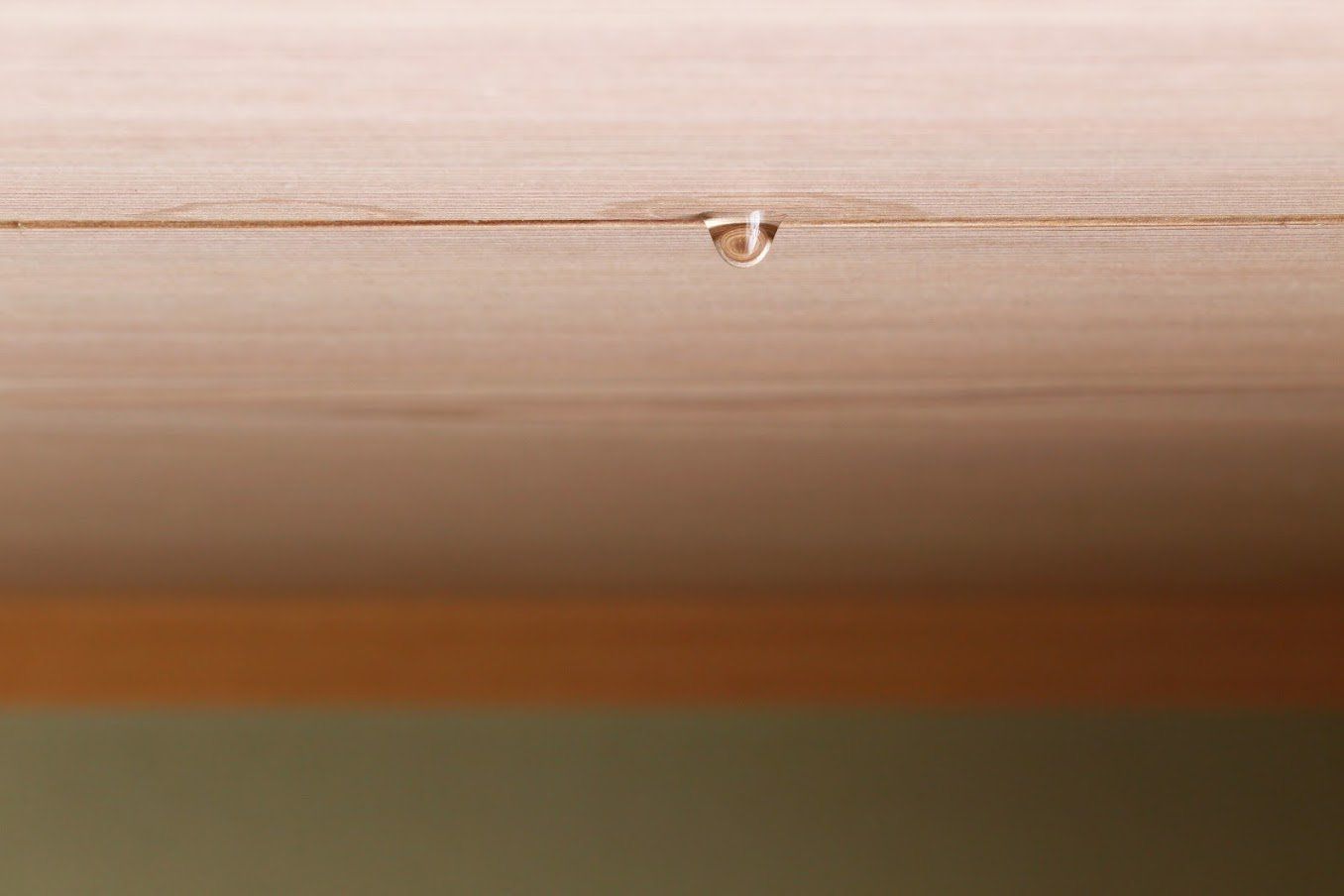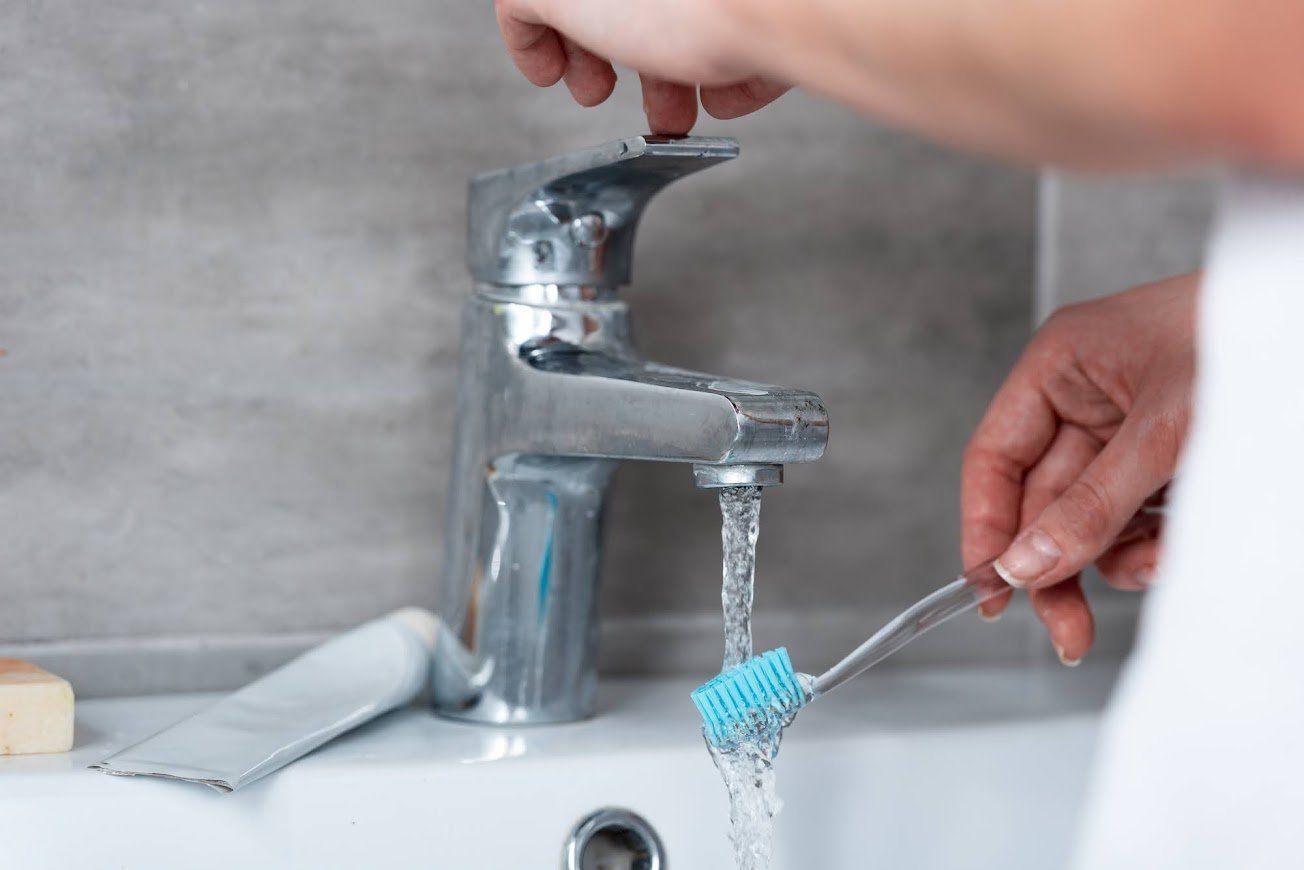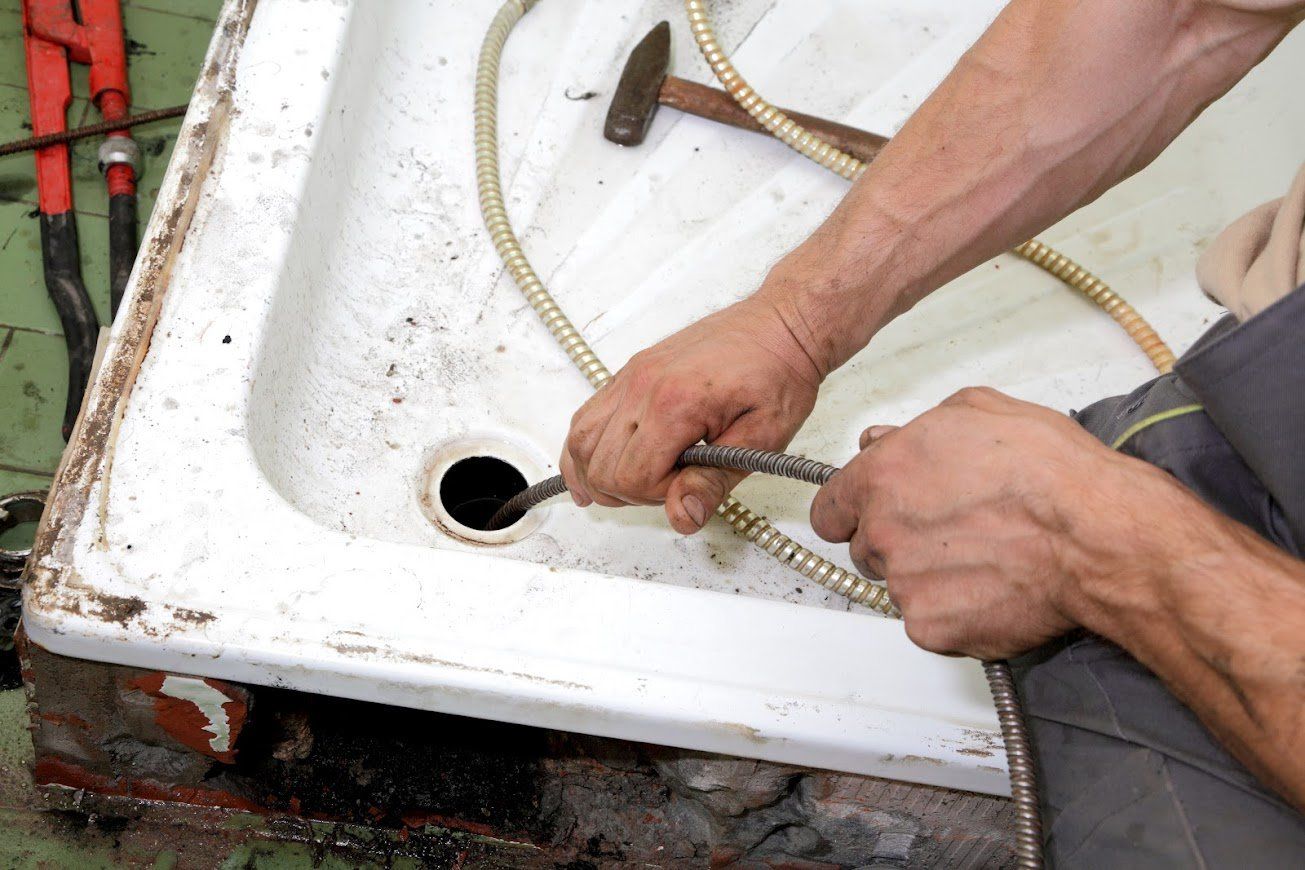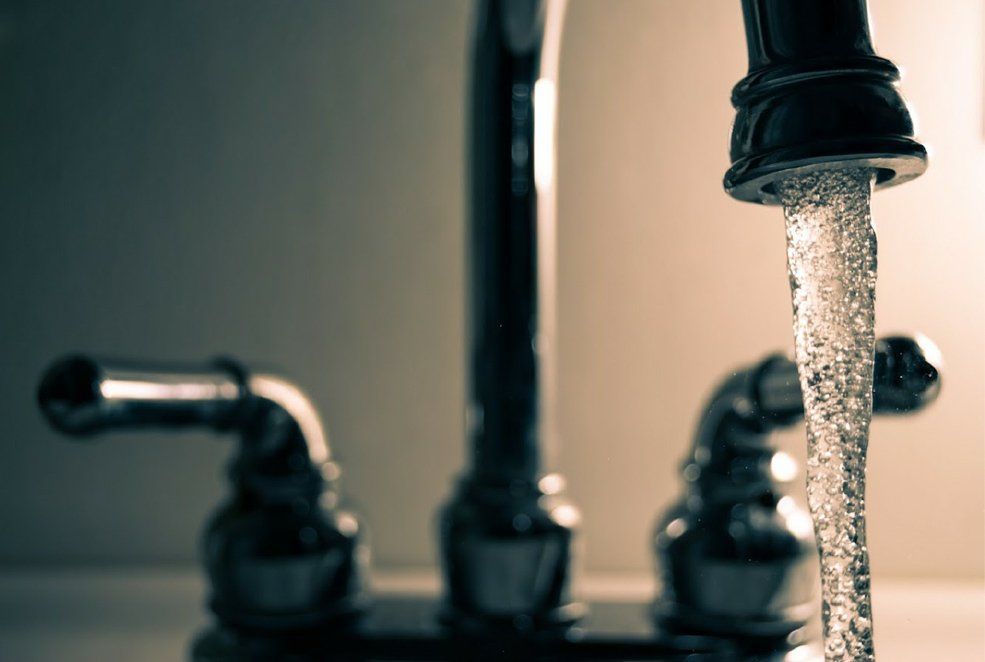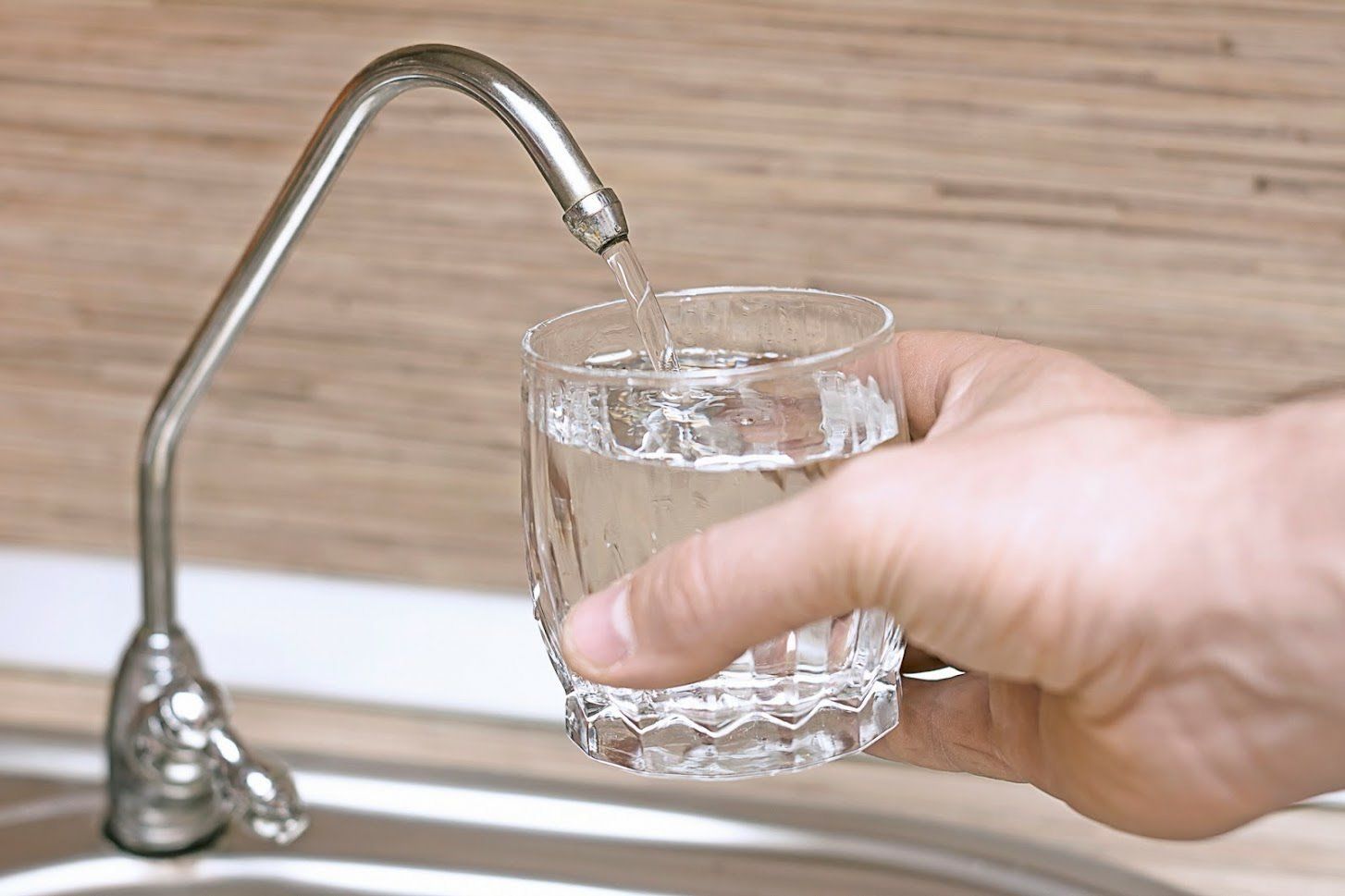PLUMBING LEAKS ATTRACT HOUSEHOLD PESTS (1)
Admin • June 30, 2016
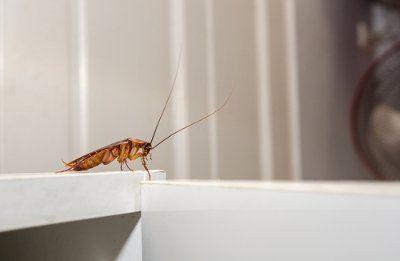
A cockroach near a potential water source.
Nobody likes a plumbing leak -- it wastes water, drives up your monthly bill, makes a mess and is an all-around hassle. But there’s one more awful consequence that might not immediately spring to mind: household pests.
Like humans, uninvited house guests like insects and rodents need water to survive. Just a little water can do the trick -- for example, you may have spotted the occasional insect treating himself to water droplets left behind in the bathtub.
But when you have a plumbing leak, there’s a steady supply of water, and it’s often hidden from view. This can create the ideal oasis for household pests to set up camp without your knowledge.
Eek! What now?
Sudden pest sightings don’t necessarily mean you have a plumbing leak, but it’s cause for a little investigation. Take note of where you commonly see bugs or rodents and inspect any nearby areas with access to running water. While there’s always the unfortunate chance that there’s a hard-to-reach break in a pipe inside your walls, many leaks occur in places that are relatively accessible.
Check underneath your refrigerator for pooling water, as this is a favorite hangout for cockroaches. If you have an automatic ice maker, be sure to also inspect the water line leading to your freezer. These lines are often made of plastic, and even a tiny pinhole leak can produce enough water for a whole colony of intruders. While you’re at it, inspect the water lines leading to your washing machine, dishwasher and any other plumbing-connected appliances.
Other easy leak-prone spots to check are right below your kitchen and bathroom sinks. Open the cabinets and look for moisture under your garbage disposal or sink traps -- the U-shaped bend in the pipe coming from your sink drains.
If and when you locate the source of a leak, you should repair it immediately or call a plumber for assistance. Even if you deploy traps or poison to take care of the current infestation, the water source will just attract more pests.
Seal It Up
There’s another plumbing-related vulnerability that could be allowing pests into your home -- the seals surrounding plumbing pipes coming through your walls.
As you inspect your pipes, fixtures and appliances for signs of a leak, be sure to examine the spots where pipes enter the wall. Ideally, they should all be sealed with metal plates, rubber gaskets, foam insulation or some other physical barrier. If you find gaps, that’s just one more way invasive insects can get into your home.
Qualified plumbers are waiting to help you, so do not delay in getting the treatment your house needs. Contact Art Douglas Plumbing at 866-411-6200.


